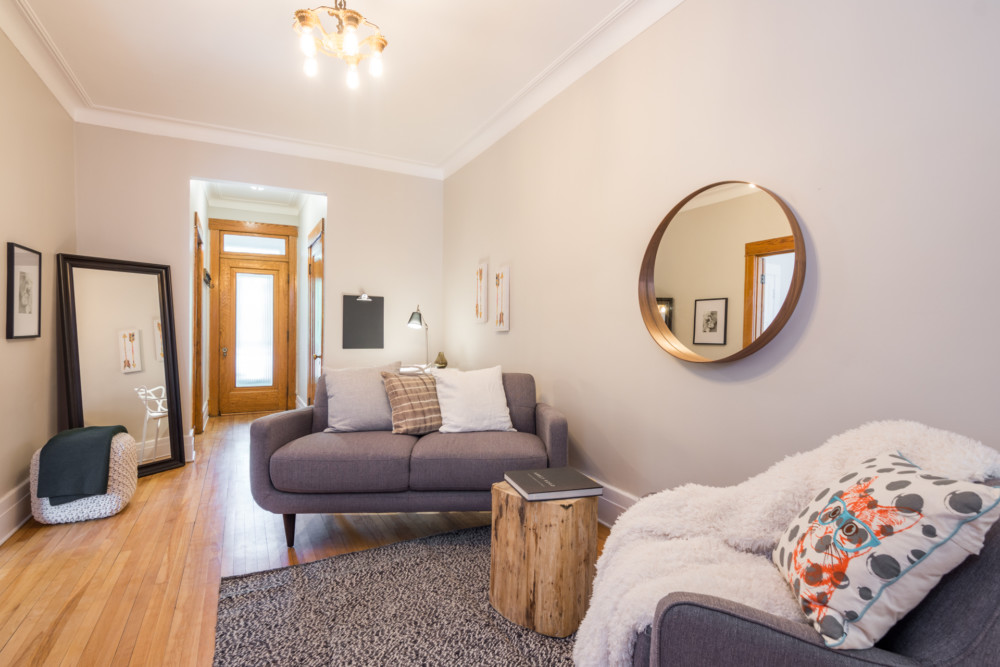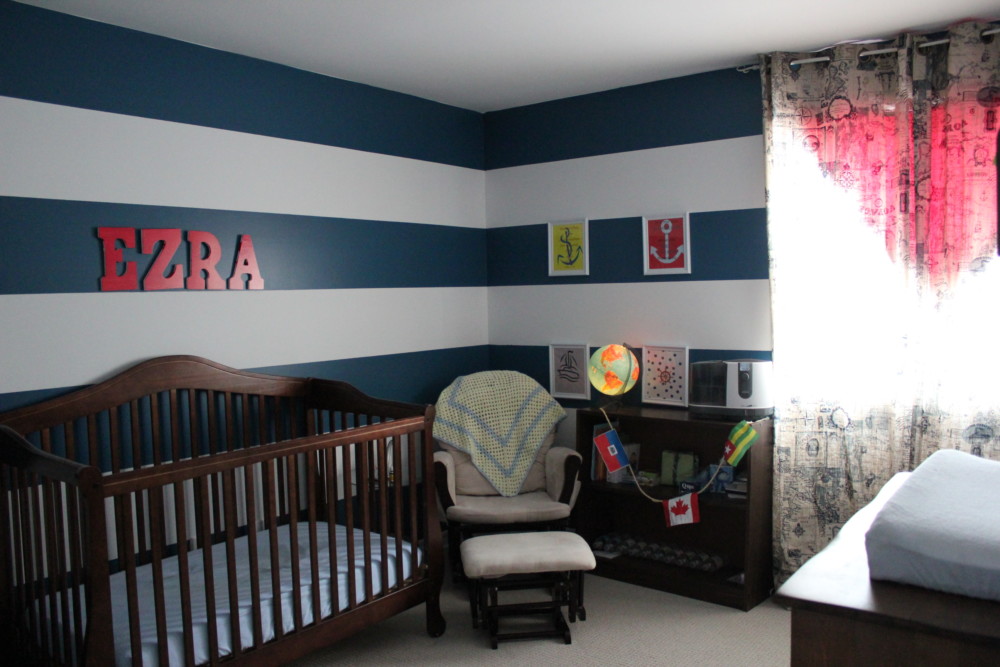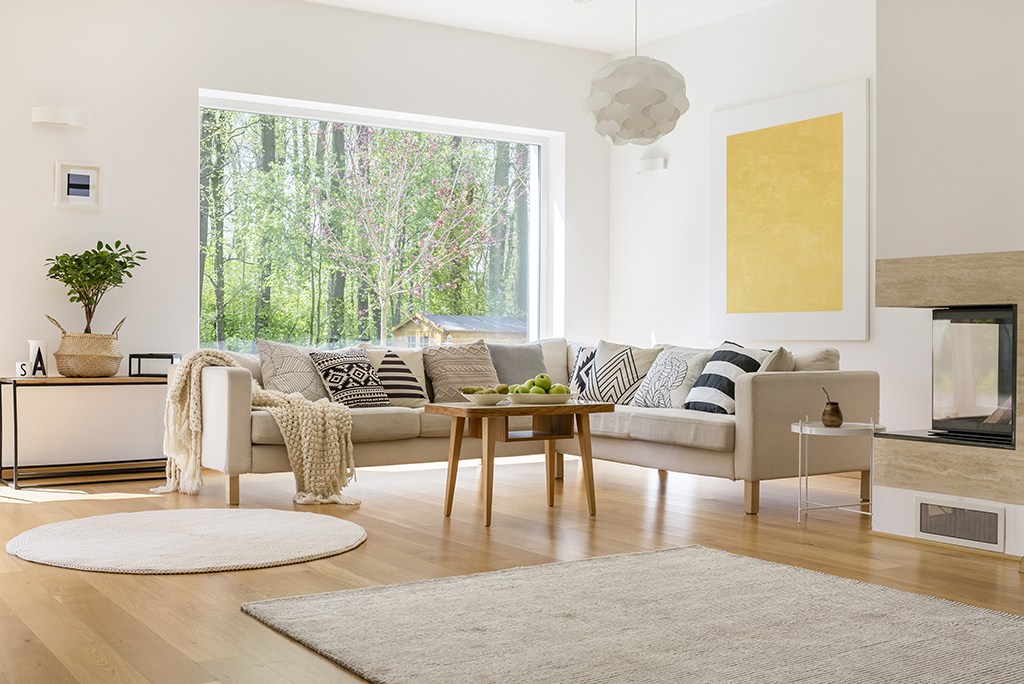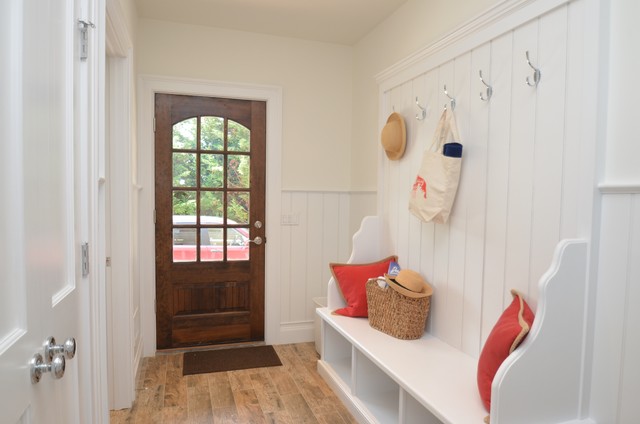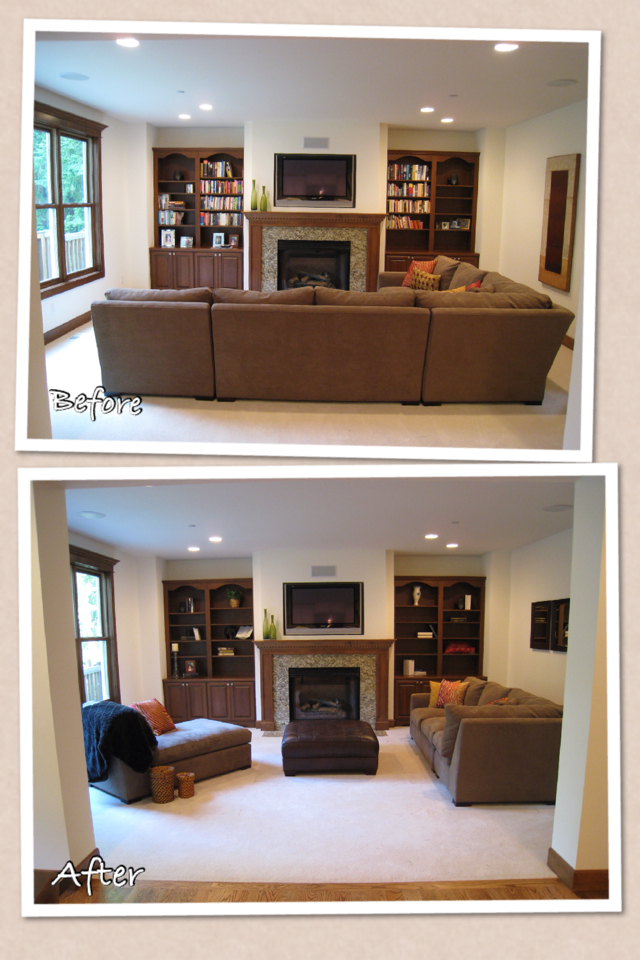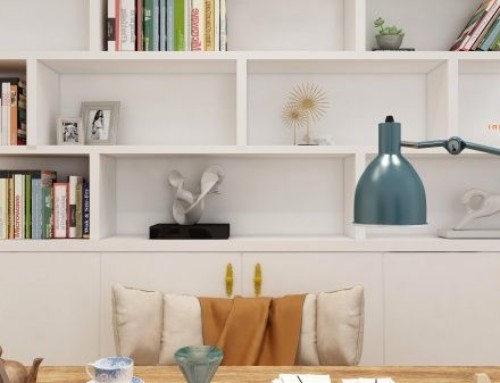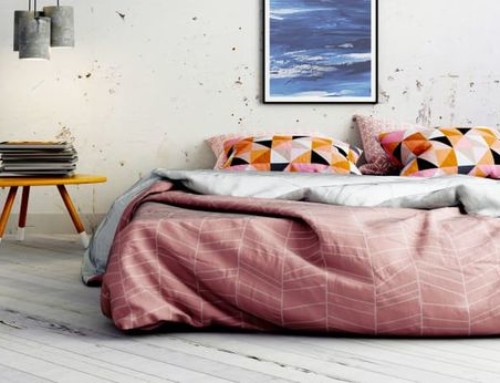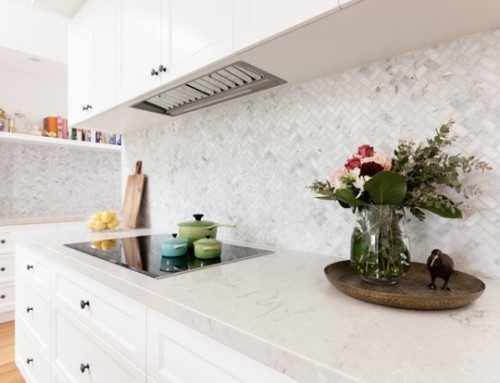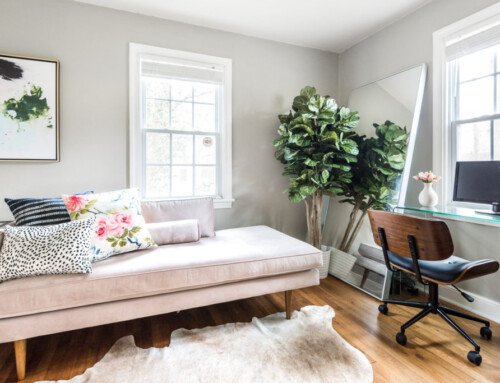When you’re selling your home, you want it to look its absolute best for the potential buyers who walk through the door. That’s where home staging comes in.
Home staging is a method of decorating meant to highlight your home’s most impressive assets and help buyers imagine themselves moving in and living there. Do it right, and you should have no problem selling your home quickly.
Take a look at these 10 home staging tips and make changes that can help your home sell faster and for more money.
1. Stage where it counts
Not all rooms are considered equal when it comes to home staging. You want to focus your efforts on the rooms that have the biggest potential to influence buyers’ decisions, and spend less time on the rooms that won’t make much of a difference.
According to many surveys, the rooms that hold the most importance for buyers are the living room, master bedroom, and kitchen. These are the rooms that you want to focus the most on when you’re staging a home. Don’t worry as much about the rooms that have less influence, such as guest bedrooms, children’s bedrooms, and bathrooms.
2. De-personalize the space
One of the primary objectives of home staging is to help prospective buyers visualize the space as their own. The fastest way to accomplish this is to set as blank of a canvas as you can. You want the home to have style and charm, but it should be devoid of personal touches that suggest this home belongs to the seller, not the buyer.
Start by removing any personal photos, making sure to take down both framed photos on walls and surfaces and anything that’s hanging on your fridge. Keep clothes stored away and out of sight, and clear bathroom counters of personal items, like toothbrushes and contact solution. Remove anything overtly religious as well. While it’s true that de-personalizing your home makes it a little weird to live in, it is extremely useful for helping buyers better connect with the property.
3. Get rid of clutter
Clutter takes up space, and space is what sells. Make your home look bigger and more desirable by editing down to just the basics. You don’t have to get rid of things forever, but you should certainly be packing them up and getting them out of the house. This includes any unseasonal clothes (no need to crowd your front hall closet with winter coats in the summer), most of your decor (you can keep a few select pieces if they’re subtle or minimalist), papers, games, and pretty much anything else that you don’t need on a day-to-day basis. Buyers will be opening your closets to look at their storage potential, so take your time there removing as many miscellaneous and non-crucial items as you can. The less clutter you’ve got in the space, the bigger it will look and the more appealing it will be to buyers.
4. Clean like you’ve never cleaned before
Spring cleaning has nothing on the cleaning you should do when you’re putting your home on the market. You want every square inch to shine, from the baseboards to the corners of your ceilings and everywhere in between. A squeaky clean home suggests to buyers that the current tenants took good care of the property, a notion that extends beyond the kitchen counter tops to the entire house. If you’ve neglected certain tasks, like cleaning the inside of your refrigerator or regularly dusting your window blinds, now is the time to tackle them.
The cleaning you’ll do for staging purposes has similar steps to the deep clean you do when you move into a new home, so start with those and add on as you need to.
5. Patch and repair
Home staging is a good time to tackle the tiny nicks, scratches, holes, and other impurities that signal neglect to buyers. Start with a melamine foam eraser pad and go room to room removing any scuffs from walls. Keep an eye out for any areas that could use a little TLC, then spackle and caulk as necessary. You may need to do some paint touch-ups, too, if you notice areas where previously applied paint has chipped. Just like with cleaning, the purpose is as much about showing potential buyers that you’ve put effort into maintaining the property as it is about making the place look nice.
6. Go neutral
This staging tip is a bit more time and cost intensive, but it can make a major difference when it comes to your sale price and time on the market. Bright colors on walls help people express their personality in their homes, but they can be a major turn-off for buyers. When you’re staging your home to sell, one of the very best things you can do is paint over any garish colors with neutrals, like gray, white, and taupe. Bold colors can distract from a room’s assets, and like photos and clothes, are bold signifiers not of the home’s future, but of its past. Buyers might want bright colors themselves, but a neutral home gives them the option to do that – or not.
7. Make a good first impression
The first thing a buyer is going to see when they walk up to your house is the front entrance, so you want it to make a strong positive impression. Remove any sort of seasonal decorations, which can date a house in both pictures and during viewings. If you have a front stoop, consider power washing it, or at least scrubbing off any dirt. Then add a touch of coziness with a simple doormat and perhaps a potted plant or two, provided they are in perfect condition (a dead or dying plant will do you no favors). Keep the space simple but welcoming to start buyers off on the right foot and suggest good things to come inside.
8. Focus on fresh
While too many extraneous items in a home can detract from its perceived value, a few healthy, well-placed plants and flowers can add life and freshness into the space. Space them out so as not to clutter any one particular area, but try to have a couple of fresh items in areas that matter. Place a vase full of big, bright flowers in the center of your kitchen table, a small potted plant or some succulents in the living room, and perhaps a larger potted plant in the corner of the living room as well. Don’t have the time or green thumb to maintain fresh plants? Fake plants will set the same atmosphere with less work.
Another aspect of freshness is making sure there are no odors. A deep clean should take care of any lingering smells, but also be sure to always clear out your trash bin before showings so buyers aren’t hit with any offensive scents. You may want to install a small scented plug-in in a couple of rooms, too (or just one may be okay, depending on the size and layout of your home). If you do that, keep it on a low setting – you want the smell to be pleasant, but subtle.
9. Let there be light
Dark rooms are sad rooms. Brighten up by letting as much light shine in the house as possible. Open the blinds on all of the windows, which in addition to letting in more light will also make rooms seem bigger. (If your yard needs a bit of work, keep blinds down but open the slats to get a similar effect without showcasing any problem areas.) Turn on all the lights in your house for showings, including lamps and closet lights. This well help make your home more welcoming, and also saves buyers from having to stumble around figuring out which switches turn on which lights.
10. Rearrange your furniture
You want there to be as much open, walkable space as possible. This helps buyers navigate the space, and also helps them better visualize their own furniture in each room. Put extraneous furniture in storage to get it out of the way, focusing on getting rid of any over-sized pieces, damaged pieces, and those that don’t match the rest of the room. With the furniture that’s left, rearrange it to make the room look and feel as spacious as possible.
Staging a home to sell doesn’t require spending a lot of money – just making smart decisions. Your home stager should be able to help you make specific changes that will add value to your home and entice the buyers who come for viewings. Once you know you’ve done everything you can to show your home in the best light possible, you can sit back and wait for the right buyer to stop by.


